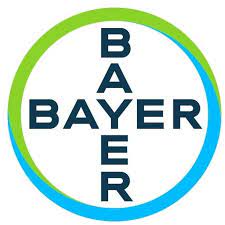WHIPPANY, N.J. — The U.S. Food and Drug Administration (FDA) has accepted Bayer’s New Drug Application (NDA) for sevabertinib (BAY 2927088), an investigational oral therapy for adults with advanced non-small cell lung cancer (NSCLC) driven by HER2 (ERBB2) mutations. The FDA also granted the application Priority Review, signaling the potential for sevabertinib to significantly improve outcomes for patients facing a serious condition with limited treatment options.
Sevabertinib is a small molecule tyrosine kinase inhibitor (TKI) designed to target tumors with activating HER2 mutations. The NDA is supported by promising data from the ongoing Phase I/II SOHO-01 trial, which evaluated the drug in patients with advanced HER2-mutant NSCLC who had previously received systemic therapies but had not been treated with HER2-targeted agents. The trial showed encouraging clinical activity, contributing to the drug’s fast-track regulatory progress.
HER2 mutations in NSCLC represent a distinct subset of lung cancer, often affecting younger patients, women, and non-smokers. These patients typically face limited treatment options following progression on standard therapies. If approved, sevabertinib could become an important addition to the treatment landscape for this population.
“The FDA’s decision to grant Priority Review to sevabertinib is a major milestone in our mission to expand treatment options for lung cancer patients,” said Christine Roth, Executive Vice President of Global Product Strategy and Commercialization at Bayer. “This potential new therapy would address an unmet need for patients with HER2-mutant NSCLC who have exhausted other treatment options.”
The FDA’s Priority Review designation accelerates the timeline for drug evaluation, aiming for a decision within six months instead of the standard ten. The agency previously granted sevabertinib Breakthrough Therapy designation in 2024, based on preliminary data suggesting substantial improvement over existing therapies.
As Bayer continues its development efforts, sevabertinib may offer new hope to patients with a particularly aggressive form of lung cancer, pending final regulatory approval.


